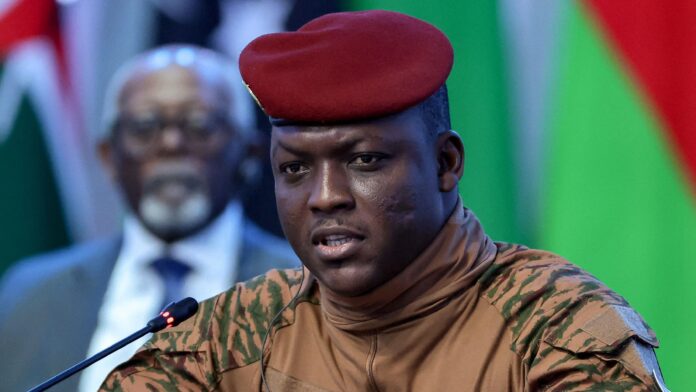By Abdullahi Inuwa
In the fight for true sovereignty, a nation’s military is its strongest pillar. Yet across Africa, this pillar remains compromised—not by a lack
While foreign military bases symbolize occupation, the real chains of neocolonialism lie in the embedded military advisers operating within national defense structures. These so-called advisers, remnants of France’s post-colonial security apparatus, have worked to weaken African armies from within. Their mission? To ensure dependency—keeping armies under-equipped, undertrained, and reliant on foreign intervention when crises emerge.
Burkina Faso’s recent experience speaks volumes. After the successful Operation Otapono in 2019, which showcased the military’s growing strength, France quickly summoned the country’s top military officials, demanding the reinstatement of French advisers at all levels. Political pressure soon forced compliance, leading to near-collapse between 2020 and 2021. The pattern is the same across Africa—every sign of self-reliance is met with external sabotage.
Another insidious tool of control is the training of African officers in French military academies. What seems like an opportunity for skill development is, in reality, a strategy to instill loyalty to France. These officers, once trained, become conduits of foreign influence, receiving directives from Paris in times of crisis—prioritizing French interests over their own nations.
The path to true independence starts with rejecting these colonial military agreements. Nations like Burkina Faso have taken bold steps by expelling foreign military advisers. Others must follow. African countries must reclaim their defense autonomy, invest in homegrown military expertise, and end the cycle of enforced weakness. The battle for sovereignty is not fought on the battlefield alone—it begins with the power to defend ourselves, free from foreign control.




